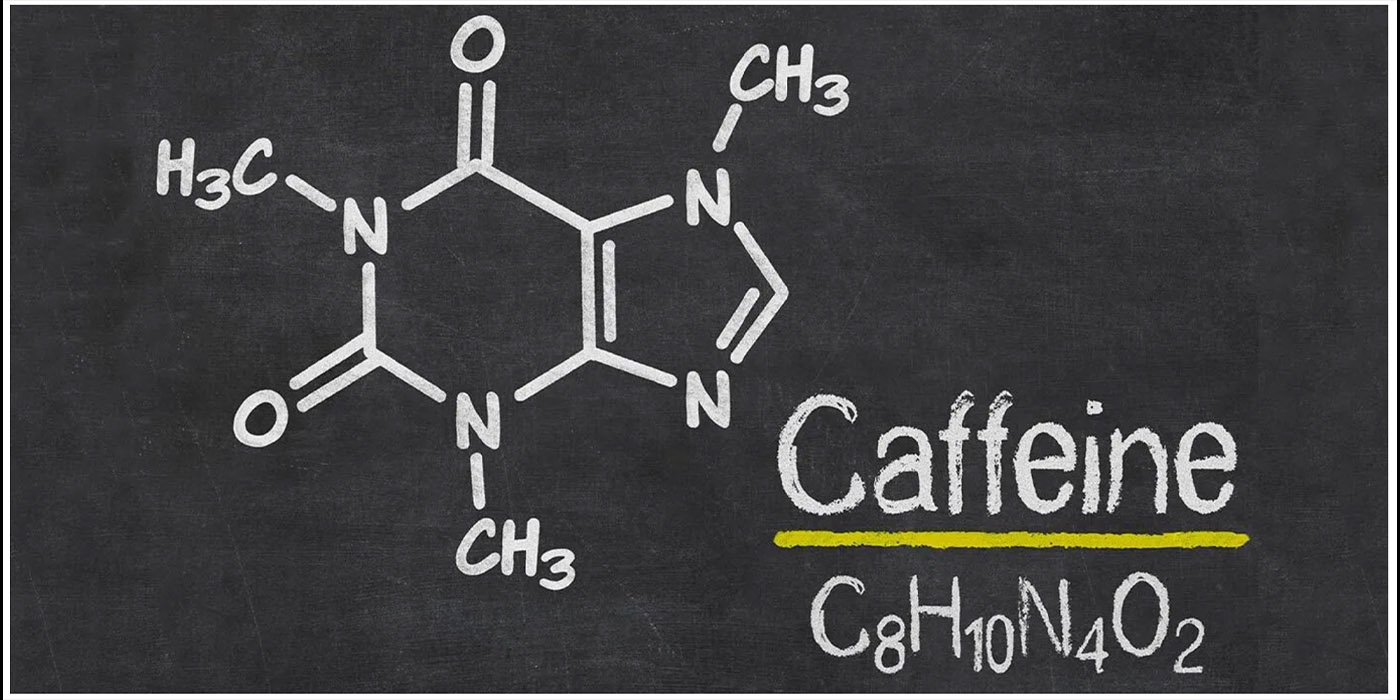President Biden recently signed into law the “Infrastructure Investment and Jobs Act” (IIJA), otherwise referred to as the “bipartisan infrastructure bill.” This 1,000-plus page bill has been on the front page of every major newspaper, but what is the significance for the aftermarket industry and what comes next?
The IIJA authorizes hundreds of programs across the federal government. Now that the bill has been signed into law, federal agencies must read through the legislation to determine what they are “required” to do, what they are “encouraged” to do, and then, in most cases, get to work drafting and implementing regulations with input from stakeholders such as the Auto Care Association. What you read about in the news is an interpretation of the law, not the law itself. Legislative text is often complicated and subject to interpretation. Ultimately, the federal agencies are given deference in their interpretation and execution of the text.
While the federal agencies are reviewing the IIJA, our department is combing through the legislative text to determine what provisions impact our industry, and most importantly, determine where and how to get involved to ensure that the text is implemented by the federal agencies, taking into account the interests of the auto care industry and its customers – the motoring public.
It is no secret that the IIJA is investing in electric and alternative fuel vehicles and electric and alternative fuel vehicle infrastructure. The Department of Transportation (DOT) will be working on developing a strategic plan for this infrastructure. One related provision that may be of interest to our membership is a required report to Congress that will evaluate projections for locations of emerging alternative fuel vehicles during the next five years. With that report, our industry will get a good idea of where the need for alternative fuel vehicle repair and maintenance will be required. Also, the Secretaries of Transportation and Energy will be forming an electric vehicle working group that will include non-federal stakeholders, such as vehicle manufacturers and dealers, to make recommendations on the introduction of electric vehicles. Since it will be critical to the rollout of EVs that there is a competitive industry available to ensure these vehicles can be affordably repaired and maintained, the auto care industry should be included in this working group.
There also are a number of provisions with a nexus to the commercial motor vehicle sector of our industry. First, the Federal Motor Carrier Safety Administration will be re-opening its Advanced Notice of Proposed Rulemaking on state inspections of passenger carrying commercial motor vehicles, e.g. travel buses. Companies will have an opportunity to submit comments on whether these inspections should be required and then DOT will decide whether or not to move forward with a final rule. Additionally, the IIJA will require automated emergency brakes on certain classes of commercial motor vehicles and will conduct a study on whether to expand that requirement to all classes of commercial motor vehicles. Requirements for the installation of rear underride safety guards and a study on whether to require side underride safety guards on commercial motor vehicles is included.
The repair industry’s need for technicians who can work on late-model advanced technology vehicles also benefit from transportation workforce grants and apprenticeship programs funded by the new law. Under IIJA, DOT will establish a program to make grants to educational institutions, or State departments of transportation, to develop, test and review curricula and educational programs to train individuals at all levels of the transportation workforce.
Other provisions we are reviewing that may be of interest concern:
- Improving recall completions;
- Requirements for automatic shutoff systems in keyless gasoline automobiles;
- Performance standards for crash avoidance technologies;
- The New Car Assessment Program;
- Requirements for the installation of advanced drunk and impaired driving prevention technology; and
- Research programs on second-life applications for electric vehicle drive batteries.
The work on the IIJA is really just beginning and the initial stages of implementation will likely take months, if not a full year. Our government affairs department will continue to do a deeper dive on the bill text and reach out to companies directly who we believe may be interested. If your company has not already selected an Advocacy Leader who serves as our department’s point of contact, please contact Tod Moore at [email protected].
If any of the above-reference positions are of interest to your business, please contact me at [email protected].



